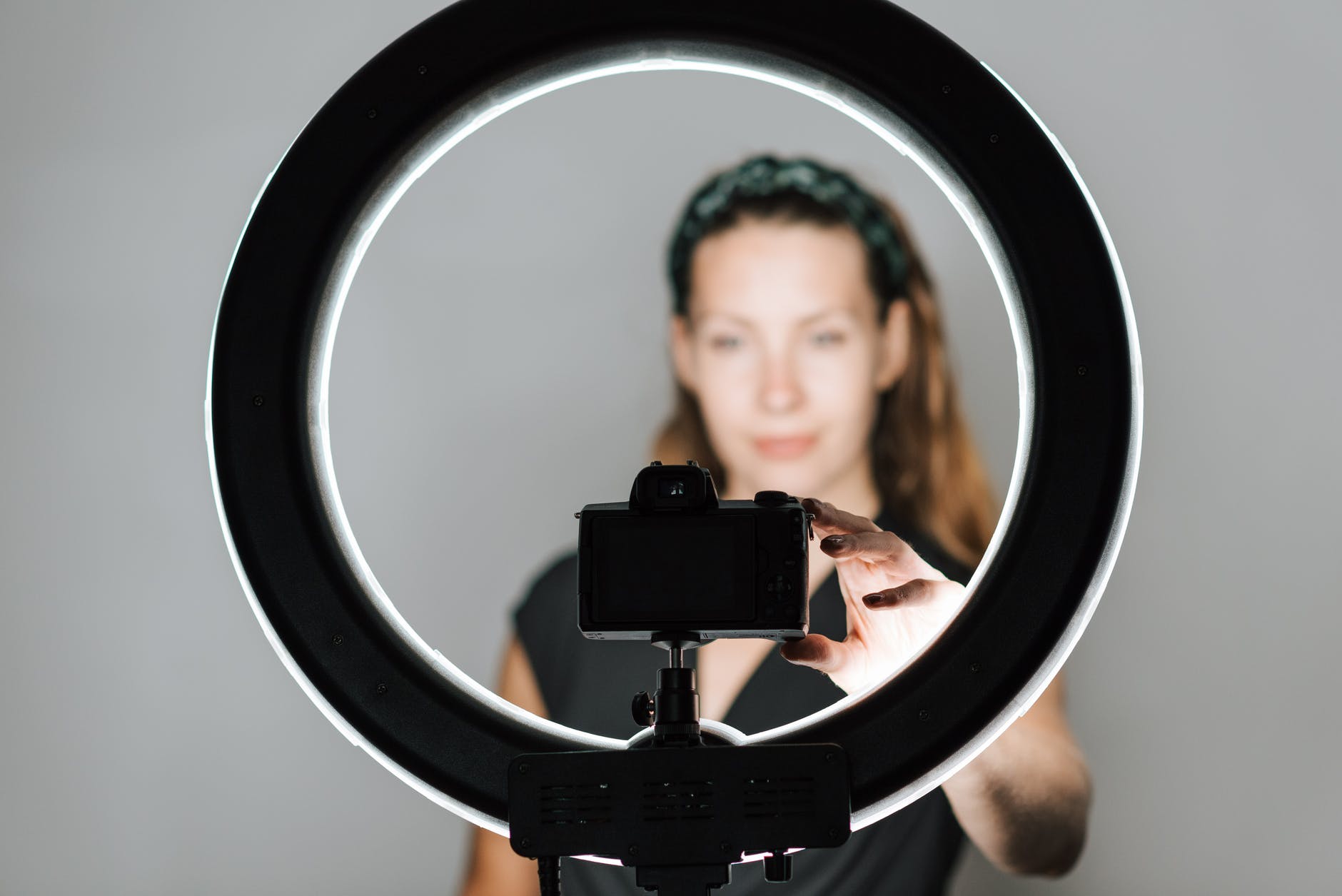Question:
Do You Look at the Camera During a Self-Tape?
(By Carmichael Phillips)
Question:
“Do I look at the camera during my audition?”
Answer:
Usually not, but read the instructions first!
General Rule: Don’t Look Directly at the Camera
In most cases, you should not look directly into the camera when performing a self-tape audition. Looking into the camera can make it seem as though you are breaking the fourth wall, which is the imaginary barrier between the audience and the performance. For most auditions, casting directors want to see how you interact with other characters in the scene, and maintaining an eye line that suggests you are speaking to someone off-camera is more natural and realistic.
Where to Direct Your Eye Line
Instead of looking into the camera, direct your gaze just off-camera, as though you are speaking to the other character in the scene. Here are a few tips to help you position your eye line correctly:
Place your reader next to the camera: If you’re working with a reader (someone who reads the other character’s lines off-screen), they should stand or sit just to the side of the camera. This allows you to maintain a natural eye line that looks close to the camera without directly addressing it.
Mark an imaginary point near the camera: If you don’t have a reader, you can mark an imaginary point to the side of the camera and focus your eye line there. This creates the illusion that you’re interacting with another character in the scene.
Vary your eye line based on the number of characters: If your scene involves more than one character, you may need to adjust your eye line to suggest where each character is positioned. For example, if you’re talking to two people, you can alternate your gaze between different points around the camera.
Exceptions: When to Look at the Camera
While the general rule is to avoid looking into the camera, there are certain situations where it is appropriate or even necessary to do so:
Direct-to-camera audition requests: Occasionally, casting directors will ask for a direct-to-camera performance, especially for commercial auditions or when the character is meant to speak directly to the audience. In these cases, looking into the camera is essential because it creates a direct connection with the viewer.
Self-tape slates: When introducing yourself during a slate (where you state your name, height, and agency), you should look directly into the camera. This part of the self-tape is more like an interview, where you are presenting yourself to the casting team.
Breaking the fourth wall: Some scenes may specifically call for the character to address the audience or speak in a way that breaks the fourth wall. If the script indicates this, looking into the camera can help create the desired effect.
How Close Should Your Eye Line Be to the Camera?
Although you won’t be looking directly into the camera for most self-tapes, your eye line should still be relatively close to it. Keeping your eye line just to the side or slightly above the camera lens ensures that your performance is captured clearly and that your face remains visible.
If your eye line is too far off-camera—such as looking to the extreme left or right—it may distract the viewer and make it harder for the casting director to focus on your facial expressions. Aim to keep your eye line within a 5-10 degree range from the camera lens for the best result.
Practical Tips for Managing Eye Lines in a Self-Tape
Managing your eye line can be tricky, especially if you’re working without a reader or with limited space. Here are a few practical tips to help you navigate this aspect of self-taping:
Use small markers: If you’re struggling to maintain a consistent eye line, place a small marker—such as a sticky note—near the camera to remind yourself where to focus.
Test different angles: Take a few test shots to see how your eye line appears on camera. Adjust as necessary to ensure that your gaze is in the right spot and your face is fully visible.
Rehearse with eye line changes: If the scene requires you to shift your focus between characters or actions, practice transitioning your eye line smoothly without over-exaggerating the movement.
Casting directors are looking for a performance that feels natural and authentic. A well-placed eye line helps create the illusion that you are engaged in the scene, even though you’re taping in front of a camera. By keeping your gaze close to the camera lens but not directly into it, you’ll give the impression of interacting with another character while staying present in the moment.




